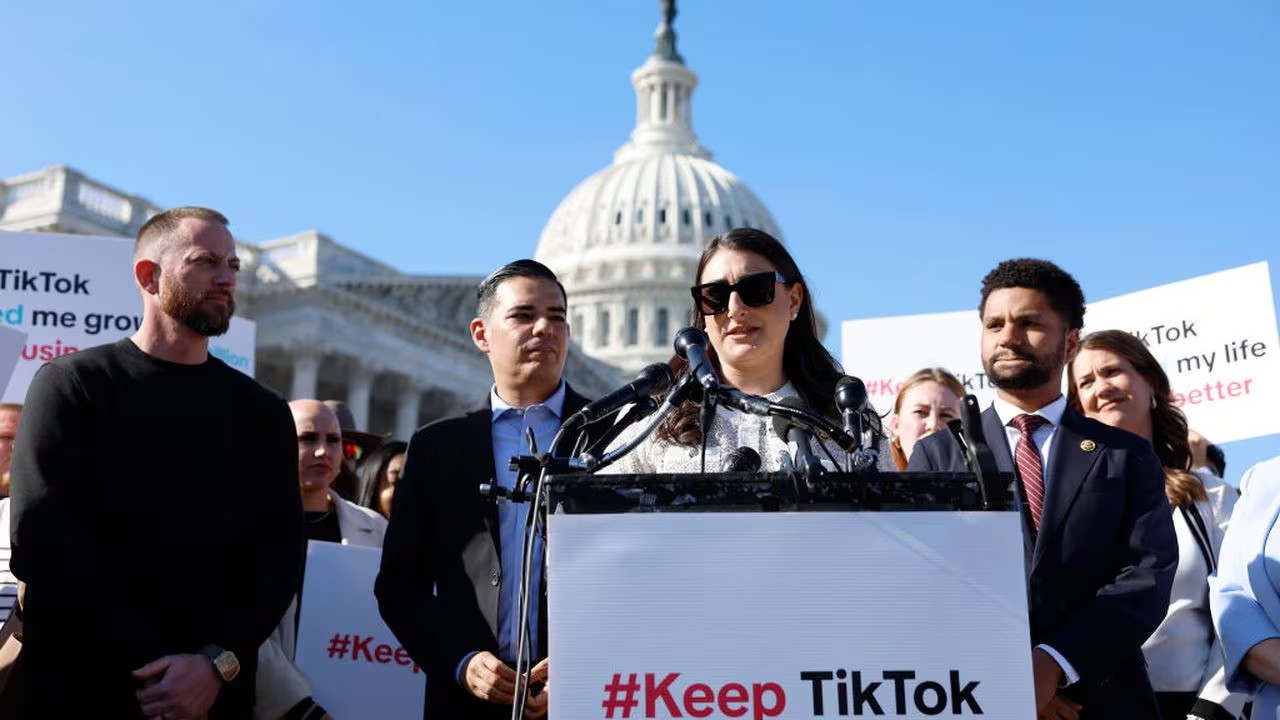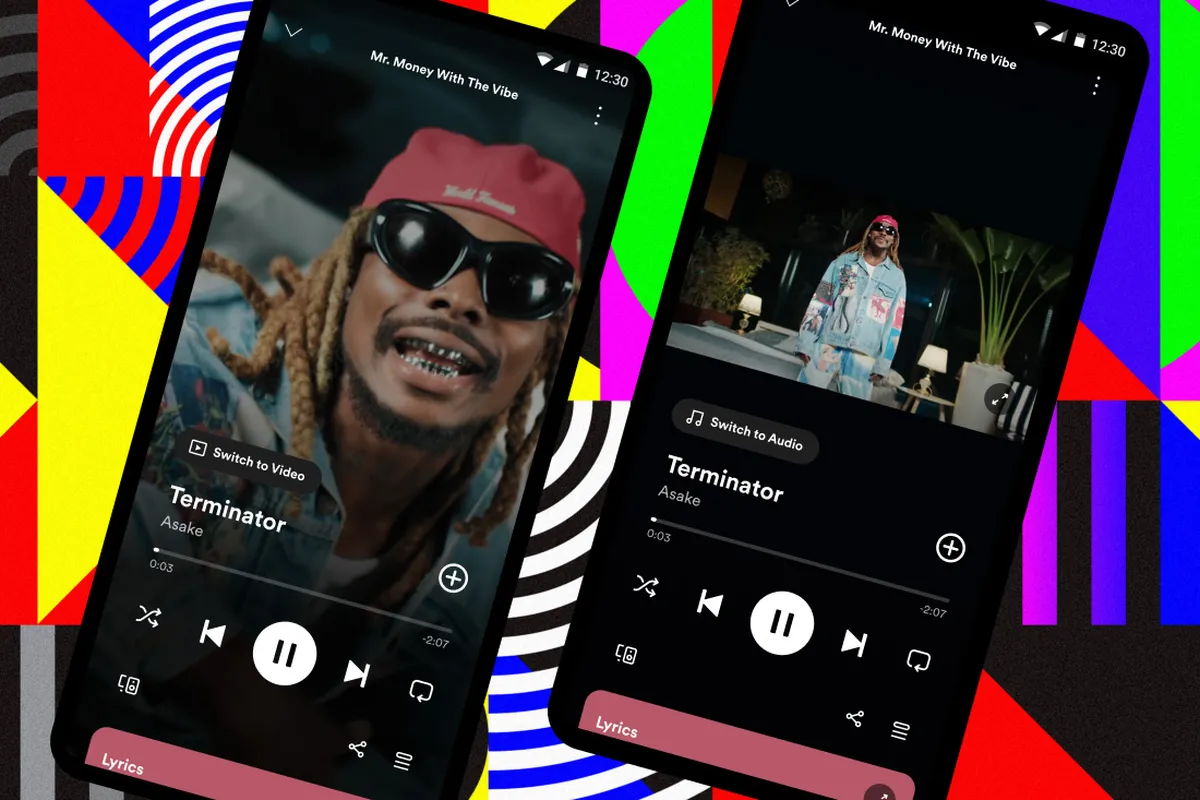In the same way as happened with the appearance of Covid-19, doomscrolling returned after the Russian invasion of Ukrainian soil. This compulsive need to keep up with the news is taking its toll on mental health. Obsession, the need to remain alert to novelties, or awake to daily events, leads to this need for “perpetual suspense”.
As at the beginning of the pandemic, doomscrolling has taken over the daily lives of social network users. The pace of information increased again with the European conflict, just as it had done with the appearance of Covid-19. Different experts commented that the incessant public participation will end up paying a high cost in terms of anxiety.
Doomscrolling to multiple networks
Paul Salkovskis, professor of clinical psychology at Oxford University, worked on this issue during the Covid pandemic. The professional stated that “we saw a large increase in some subtypes of anxiety in the clinic”. Salkovskis understands that there are people with high anxiety and others who will significantly increase their state in these situations.
In relation to anxiety, cognitive theory suggests that anxiety appears as a response to a threat. Salkovskis posited that intervention occurs when there are responses that make the individual disabling. The big question for practitioners is what makes it so severe for some people, or how it becomes particularly persistent.
Although the impact of the pandemic and the war in Ukraine are different, they have similarities in social matters. Social distancing was a situation that generated many difficulties during Covid-19. With war, there is also a multiplicity of networks passing information that attacks those who are anxious.





